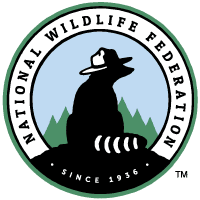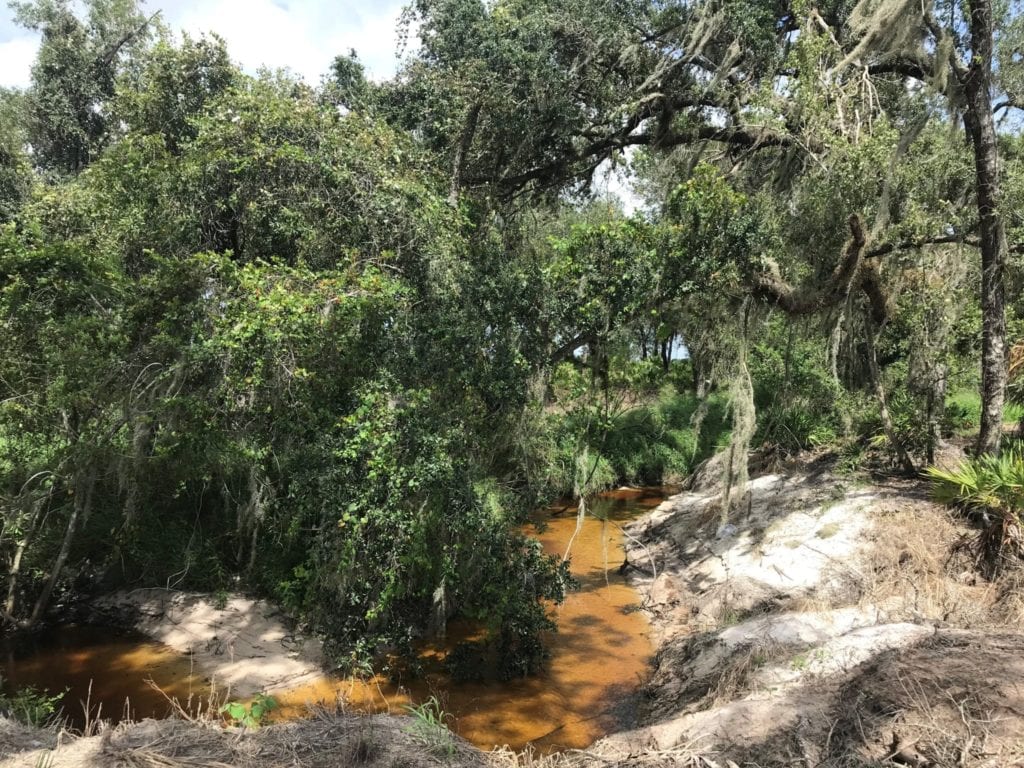Esplanade at Azario Lakewood Ranch
This Open Space Habitat has been certified by TM Habitats
Total Acres of Community
991
Total Acres Certified Space
57
Open Space Overview
Open Space Notable Parcels & Features
The most notable area of open space is the creek corridor that runs through the property that is predominantly forested wetlands with a creek system. The creek corridor also has some mixed upland hardwood communities that abut the creek corridor. The only other habitats onsite consist of small isolated wetlands that have been enhanced for wetland mitigation purposes. All invasive/exotic vegetation species has been removed from the isolated wetlands (mitigation areas) and all wetland buffers. The mitigation areas and all wetland buffers have been replanted with native species to establish more desirable vegetative communities and are currently being maintained and monitored to comply with state, federal and local government permits.Wildlife & Native Plants
Native wildlife includes american alligators, which are federally listed, and two state-listed species including Florida sandhill cranes, and little blue heron. Native hardwood communities consist of live oak, laurel oak, and cabbage palm with scattered slash pine. The understory is dominated by saw palmetto. The wetlands include native red maple, Carlolina willow, wax myrtle, maidencane, beakrush, elderberry, scattered laurel oak, swamp fern, dog fennel, and coinwort.Images Of Certified Space
 Food Source
Food Source- Seeds
- Berries
- Nectar
- Nuts
- Fruits
- Sap
- Foliage/Twigs
- Pollen
- Seeds
- Berries
- Nectar
- Nuts
- Fruits
- Sap
- Foliage/Twigs
- Pollen
 Water Source
Water Source
- Water Garden/Pond
- Lake
- Stream/River
 Places for Cover
Places for Cover
- Wooded Area
- Ground Cover
- Dense Shrubs/Thicket
- Evergreens
- Brush/Log Pile
 Places to Raise Young
Places to Raise Young
- Mature Trees
- Dead Trees/Snags
- Dense Shrubs/Thicket
- Water Garden/Pond
- Wetland
- Burrow
- Host Plants for Caterpillars
 Sustainability
Sustainability
Controlling Exotic Species
- Remove Invasive Exotic Species
- Use Native Plants
Soil and Water Conservation
- Drip or Soaker Hose for Irrigation
- Use Mulch or Ground Cover to Retain Soil Moisture and Limit Erosion




